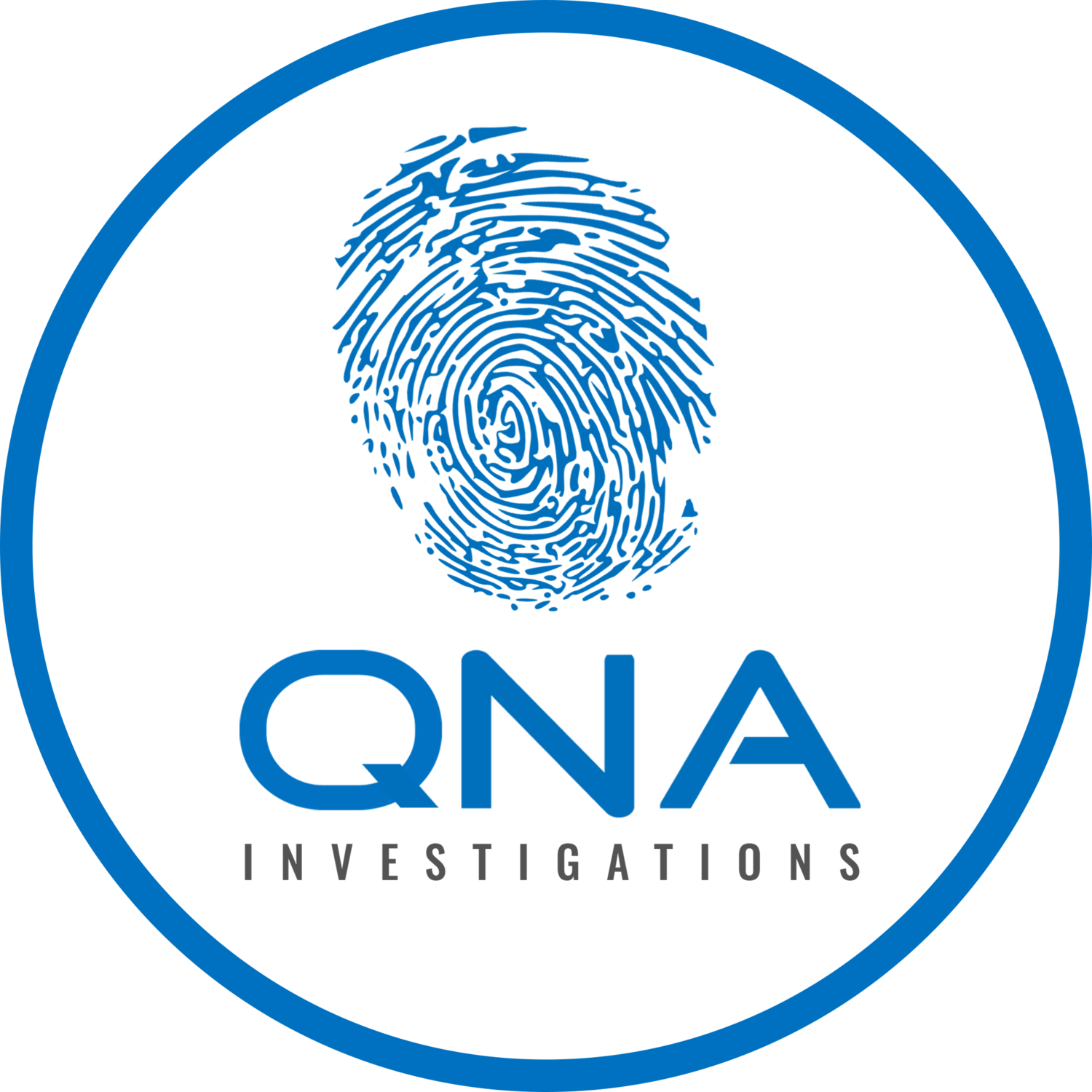CLARITY FIRST: WHY CLIENT INSTRUCTIONS AND INTERVIEWS ARE THE CORNERSTONE OF EVERY INVESTIGATION
HOW THOROUGH INSTRUCTIONS, WELL-CONDUCTED INTERVIEWS, AND CRITICAL ANALYSIS LEAD TO BETTER OUTCOMES
Investigations are built on facts, not assumptions. But before evidence can be gathered - whether through surveillance, interviews, or financial tracing - one essential step comes first: obtaining clear, detailed instructions from the client.
At QNA Investigations, we know from experience that the quality of our outcomes depends directly on the clarity of the starting point. Equally, subsequent interviews with key individuals are the central pillar of any investigation. Together, these elements create the framework for uncovering the truth.
THE POWER OF CLEAR INSTRUCTIONS
When a client first engages us, their instructions form the blueprint for the investigation. Incomplete or vague instructions risk wasted time, higher costs, and inconclusive findings. Clear instructions, by contrast, provide:
Defined objectives: Understanding exactly what the client needs to know - whether it’s verifying assets, assessing credibility, or gathering evidence of misconduct.
Scope control: Setting boundaries ensures the investigation remains focused, targeted, and cost-effective.
Efficiency: With clarity on the issues at hand, investigators can deploy the right resources from the outset.
Transparency: Well-documented instructions protect both the investigator and the client, ensuring that expectations are aligned and outcomes measurable.
In many ways, obtaining instructions from a client is like conducting an interview. The investigator must ask the right questions, clarify ambiguities, and read between the lines to identify what is said - and what is not said. This structured approach ensures the client’s concerns are properly understood and prioritised.
For law firms, having an investigator involved when instructions are first taken can be highly valuable. Investigators bring a different perspective, helping to identify gaps, inconsistencies, or potential leads that may otherwise be overlooked. This collaboration strengthens case strategy from the very beginning.
WHY INTERVIEWS ARE CENTRAL
After clear instructions are secured, interviews become the primary tool for shaping the direction of the investigation. No amount of data or surveillance can substitute for the insights gained from speaking directly with individuals connected to the matter.
Effective interviews provide:
Context: Background that helps investigators interpret documents, digital evidence, or surveillance results.
Leads: New avenues of enquiry that might not otherwise be apparent from the paperwork.
Credibility testing: Discrepancies in statements often reveal more than what is said outright.
Human dimension: Interviews bring the investigation to life, offering insight into motives, pressures, and behaviours.
The investigator’s ability to conduct thorough, well-structured interviews is critical. It requires preparation, active listening, and an understanding of when to probe further. Poorly conducted interviews can leave crucial details unexplored, while effective interviews often uncover information that reshapes the entire trajectory of a case.
THE ROLE OF CRITICAL ANALYSIS
Instructions and interviews provide the raw material of an investigation - but it is critical analysis that turns those inputs into meaningful outcomes. At QNA, we carefully evaluate:
The consistency of statements across interviews and documents.
The plausibility of explanations against established facts.
The relevance of each piece of information to the client’s objectives.
This analytical process ensures that conclusions are evidence-based, defensible, and useful to decision-makers.
THE QNA APPROACH
At QNA Investigations, we place equal weight on the front-end clarity of instructions, the discipline of structured interviews, and the rigour of critical analysis. Our process ensures that:
Every client instruction is confirmed in writing before an investigation begins.
Objectives are clearly defined, so that no time or resources are wasted.
Interviews are carefully prepared and thoroughly conducted, designed to elicit reliable and relevant information.
Findings are critically analysed and cross-checked between instructions, interview accounts, and other evidence sources to ensure accuracy.
Law firms benefit directly when investigators are engaged early - ensuring instructions are clear, gaps are addressed, and strategic evidence-gathering begins without delay.
WHY THIS MATTERS
Investigations without clear instructions risk becoming unfocused fishing expeditions. Investigations without interviews risk being superficial and one-dimensional. And investigations without critical analysis risk being misleading or inconclusive.
Together, clear instructions, thorough interviews, and analytical rigour provide:
A structured foundation that keeps investigations on track.
Credible, defensible findings that stand up in court, tribunals, or negotiations.
Value for clients and law firms, by delivering accurate results in a cost-effective and timely manner.
3 KEY TAKEAWAYS
Clear instructions are everything - they shape the scope, efficiency, and success of any investigation.
Interviews make the difference - a skilled investigator knows how to probe, listen, and uncover insights that documents alone can’t provide.
Critical analysis ties it together - evaluating instructions, interviews, and evidence ensures reliable, defensible outcomes.
CONCLUSION
Whether it’s a complex corporate fraud enquiry, a sensitive family law matter, or an insurance investigation, the principle remains the same: clarity at the start, focus throughout, and critical thinking at every stage.
We believe that obtaining clear instructions, conducting thorough interviews, and applying robust analysis are not just procedural steps - they are the foundation of uncovering the truth.
NEED CLARITY IN A COMPLEX MATTER
At QNA Investigations, we deliver facts, not assumptions - helping a wide range of clients uncover the truth with precision and integrity. If you’d like to know more, contact us by phone on +61 2 9212 5000 or via email at mail@qnainvestigations.com.au.
